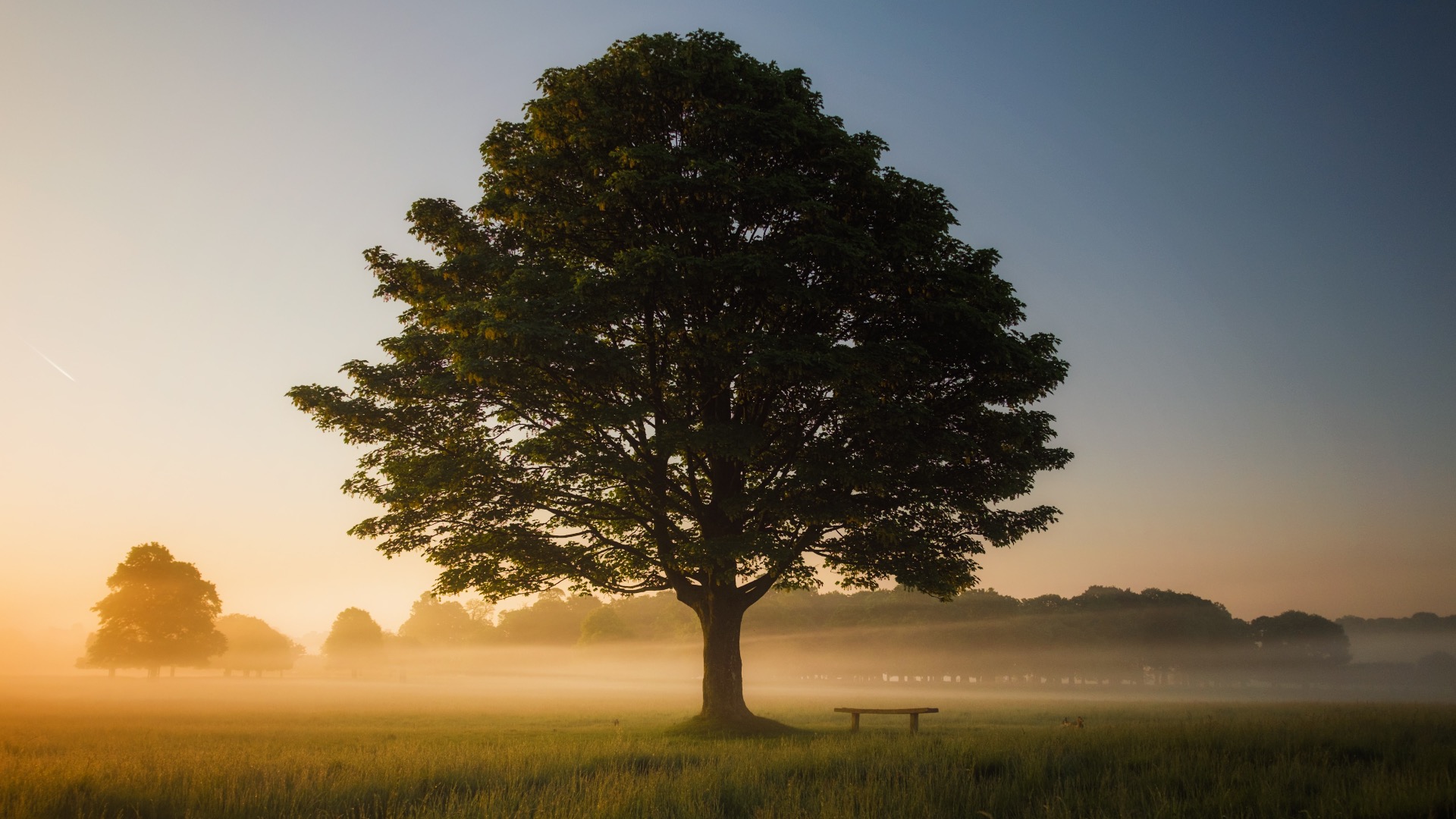If you have ever considered planting a tree in your garden, autumn is a good time to do so.
Last year, we went on a quest to find the right tree for our garden, primarily to provide shade, but during our search we discovered many more advantages.
Planting a tree is by far the most efficient way to adapt to climate change and to improve our living environment. Here’s why we think planting a tree is always a good idea:
- Trees take CO2 out of the air and produce oxygen. Oxygen is not infinite on our planet. By planting trees, we supplement the shortage of oxygen.
- Trees provide cooling, especially in urban areas where concrete and brick absorb the sun’s heat so that the temperature in cities is on average higher than in the surrounding rural area (this is the heat island effect). Because trees intercept sunlight, they convert this energy into water vapour. This humidity causes clouds to form that reflect the sun’s radiation back into the atmosphere. This reflective power is called the albedo effect and is crucial in cooling our planet.
- Trees trap fine dust on their leaves and bark. With the next rain shower, this fine dust is washed away to the ground. As a result, the fine dust does not end up in our lungs. Air filtration has a positive effect on reducing respiratory diseases, allergies and sleep disorders. By planting trees in urban environments, we improve the air quality.
- Trees provide biodiversity. Trees are vital to our fauna and flora. Trees provide birds, bats and insects with nesting and hiding places. In turn, they ensure that insect pests are combated. Trees provide food in the form of berries for birds, nectar for insects and leaves for the caterpillars of beautiful butterflies. By planting trees, we increase the biodiversity of our living environment.
- Trees help against dehydration. In urban areas, the expected damage caused by climate change through drought is greater than that caused by flooding. Despite heavy rainfall and recurring floods, Belgium is getting drier. More and more rain will fall in short periods of time, while periods of drought will become longer. A rising temperature causes evaporation and if this increasing evaporation is not compensated for, it will lead to additional drying. Planting trees gives shade to the undergrowth. The trees themselves have deeper roots and can supply themselves with water. By planting trees, we prevent excessive evaporation and create cool spots.
- Trees contribute to our health. Living and working in an environment with many trees has a positive effect on people. Scientific research has shown that people feel better in an environment with many trees. By planting trees, we reduce stress at work and speed up the healing process of patients. Lots of greenery in the city therefore reduces expensive health expenditure.
- Trees reduce noise. Depending on their structure, trees can reduce sound to some extent. By planting trees we reduce noise pollution in residential areas.
Our family lives in a residential area and a tree too high possibly bothering the neighbours or intertwining with the street wiring was not an option. Domestic tree species are preferred because they make a greater contribution to biodiversity. We are also working on a garden where there is something to eat, smell and see all year round, so we wanted to have fruit or nuts, which means you have to take into account pollination. And finally, we also had to take into account pollen allergies…

We finally chose an almond tree (Prunus Dulcis) and a mulberry tree (Morus Alba ‘Macrophylla’) and welcomed Amandine and Maurus (yes, we named them!) last autumn. Their flowering time alternates: our Amandine blooms in March and April with pink flowers attracting many bees and Maurus blooms from mid-May to mid-June. This year we also hope to welcome a Yellow Dogwood. We looked for an arborist to help us choose and plant the trees for us.
Bear in mind that grass does not grow under trees so you should allow for an extra metre around its eventual crown width. The planting is often finished off with bark, but you can also choose to strengthen your tree by planting a ‘tree guild’ around it. A tree guild is a group of plants ensuring that the tree receives sufficient nutrition and resistance. Each plant in the tree guild has its specific function, with the aim of forming a small ecosystem that leads to greater productivity of the tree, more resistance and stability, so that no extra nutrition and care is needed from outside. The trick is to combine plants that work together: Nitrogen fixers ensuring that nitrogen is released into the soil (clover species, bean family, lupine…), nutrient providers that take nutrients deep out of the soil with their long roots (borage, yarrow, dandelion…), mulching plants producing a lot of mass so that they can be used as mulch material (comfrey, artichoke, rhubarb, …), plants that attract insects (sunflower, thyme, rosemary, peppermint, oregano, lavender, …) and pest controllers (marigold, fennel, nasturtium, dahlia, …) As we wrote at the start of this article you can really help with the healing of the planet by planting a tree. Be sure to let us know if you have planted a tree yourself or are planning to plant one this year.
(If you do not have a garden), what else can you do?
Contact your municipality with suggestions for tree planting in your area or demand from your municipality to control tree cutting more strictly. In Flanders you can indicate locations where you think trees should be planted via Ecovator Map A Tree,. Local authorities can then see where trees can be planted and make this known. If you are not in Belgium, check for similar initiatives or mechanisms in your region or country which could help you to plant trees. Or be the initiator of similar initiatives.
